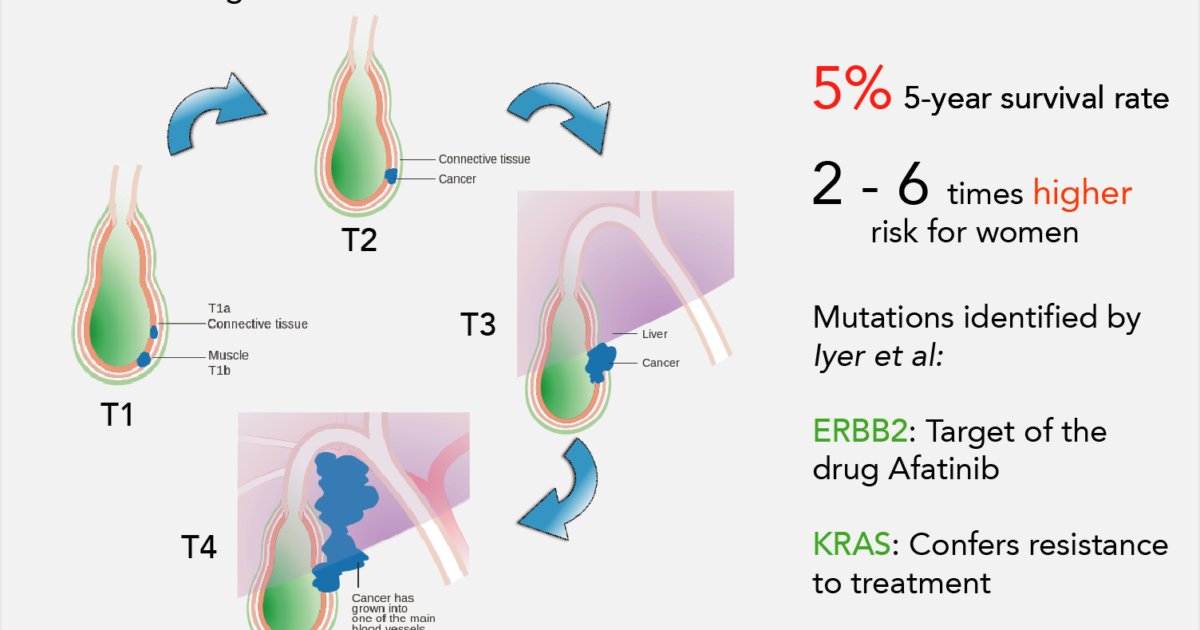Hormone Therapy for Gallbladder and Bladder Cancer

What is Hormone Therapy?
Hormone therapy is a type of cancer treatment that works by blocking or reducing the production of hormones in the body. Hormones are chemicals that are produced by glands in the body and help to regulate various bodily functions. Some cancers, such as breast, prostate, and ovarian cancers, are hormone-sensitive, which means they rely on hormones to grow and spread.
By blocking or reducing the production of hormones, hormone therapy can slow or stop the growth and spread of certain types of cancer.
Types of Hormone Therapy
There are several types of hormone therapy that can be used to treat cancer. These include:
- Anti-estrogen therapy: This type of therapy is used to treat hormone-sensitive breast cancer. It works by blocking the effects of estrogen, a hormone that can promote the growth of breast cancer cells.
- Androgen deprivation therapy: This type of therapy is used to treat hormone-sensitive prostate cancer. It works by reducing the production of androgens, hormones that can promote the growth of prostate cancer cells.
- Hormone replacement therapy: This type of therapy is used to treat hormone-sensitive ovarian cancer. It works by blocking the production of estrogen, a hormone that can promote the growth of ovarian cancer cells.
Hormone Therapy for Gallbladder Cancer
Gallbladder cancer is a rare type of cancer that affects the gallbladder, a small organ located beneath the liver. Hormone therapy can be used to treat gallbladder cancer that is hormone-sensitive. This type of therapy works by blocking the production of hormones that can promote the growth of gallbladder cancer cells.
Pros and Cons of Hormone Therapy for Gallbladder Cancer
Like all cancer treatments, hormone therapy for gallbladder cancer has its pros and cons.
Pros
- Hormone therapy can be an effective treatment for hormone-sensitive gallbladder cancer.
- Hormone therapy can be less invasive than other types of cancer treatments, such as surgery or radiation therapy.
- Hormone therapy can be used in combination with other cancer treatments, such as chemotherapy.
Cons
- Hormone therapy can have side effects, such as hot flashes, fatigue, and mood changes.
- Hormone therapy may not be effective for all types of gallbladder cancer.
- Hormone therapy may not be the best option for patients with advanced gallbladder cancer.
Hormone Therapy for Bladder Cancer
Bladder cancer is a type of cancer that affects the bladder, the organ that stores urine. Hormone therapy can be used to treat bladder cancer that is hormone-sensitive. This type of therapy works by blocking the production of hormones that can promote the growth of bladder cancer cells.
Pros and Cons of Hormone Therapy for Bladder Cancer
Like all cancer treatments, hormone therapy for bladder cancer has its pros and cons.
Pros
- Hormone therapy can be an effective treatment for hormone-sensitive bladder cancer.
- Hormone therapy can be less invasive than other types of cancer treatments, such as surgery or radiation therapy.
- Hormone therapy can be used in combination with other cancer treatments, such as chemotherapy.
Cons
- Hormone therapy can have side effects, such as hot flashes, fatigue, and mood changes.
- Hormone therapy may not be effective for all types of bladder cancer.
- Hormone therapy may not be the best option for patients with advanced bladder cancer.
FAQs
Is hormone therapy a cure for gallbladder and bladder cancer?
No, hormone therapy is not a cure for gallbladder and bladder cancer. However, it can be an effective treatment for hormone-sensitive cancers.
What are the side effects of hormone therapy?
The side effects of hormone therapy can vary depending on the type of therapy and the individual patient. Some common side effects include hot flashes, fatigue, mood changes, and loss of sex drive.
Can hormone therapy be used in combination with other cancer treatments?
Yes, hormone therapy can be used in combination with other cancer treatments, such as chemotherapy.
Is hormone therapy right for me?
Whether or not hormone therapy is right for you depends on a variety of factors, including the type and stage of your cancer, your overall health, and your personal preferences. Talk to your doctor to determine if hormone therapy is a good option for you.
